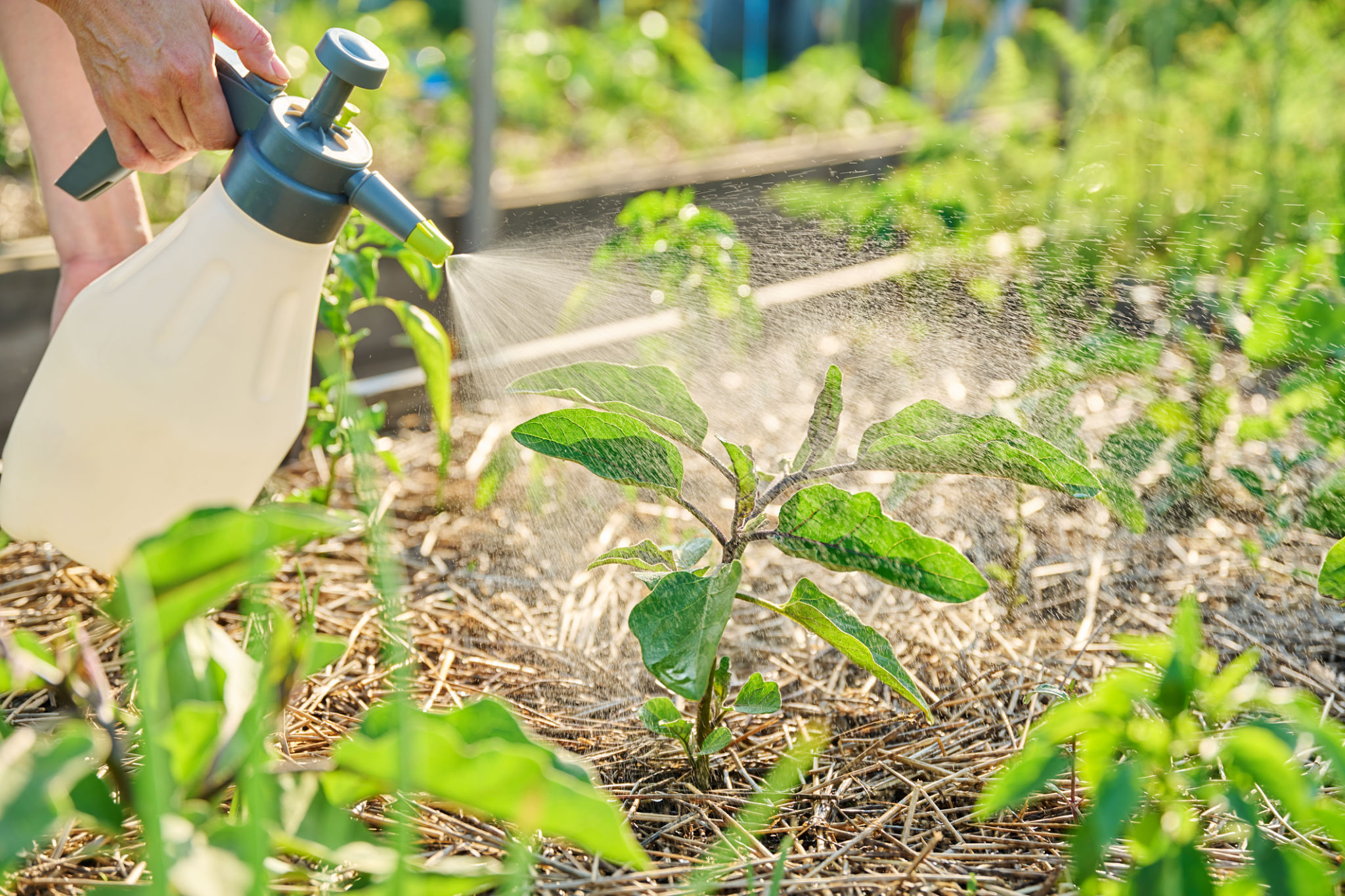The Ultimate Guide to Pest Control for Gardens in Metro Detroit
Understanding Common Garden Pests in Metro Detroit
Gardening in Metro Detroit comes with its own set of challenges, one of the most common being pest control. Identifying the type of pests that frequently attack your garden is the first step in managing them effectively. Some of the most prevalent garden pests in the area include aphids, Japanese beetles, and slugs. Each of these pests has its own unique characteristics and requires different management strategies.

Aphids are tiny insects that suck the sap from plants, leading to stunted growth and yellowing leaves. Japanese beetles, on the other hand, feast on the foliage of a wide range of plants, leaving behind skeletonized leaves. Slugs are nocturnal and often leave a slimy trail as they munch on tender leaves and fruits.
Preventive Measures: Keeping Pests at Bay
Prevention is always better than cure when it comes to pest control. One effective method is to establish a robust ecosystem in your garden. By promoting natural predators such as ladybugs and birds, you can keep pest populations in check. Planting a diverse range of flora can also help deter pests as they are less likely to attack a garden with mixed plantings.

Additionally, regular maintenance practices such as clearing away debris, rotating crops, and ensuring proper spacing between plants can significantly reduce the risk of pest infestations. Using physical barriers like row covers and nets can also protect your plants from various insects.
Natural and Chemical Solutions for Pest Control
Once pests have been identified in your garden, it's crucial to act swiftly to minimize damage. There are both natural and chemical solutions available for controlling pests. Natural solutions include homemade insecticidal soaps or neem oil, which can be sprayed directly onto affected plants.

For those who prefer chemical solutions, there are numerous commercial pesticides available that are effective against specific pests. However, it's important to use these products judiciously to avoid harming beneficial insects or contaminating the soil. Always follow label instructions carefully and consider opting for products that are labeled as environmentally friendly.
Integrated Pest Management (IPM): A Holistic Approach
Integrated Pest Management (IPM) is an approach that combines multiple strategies to manage pest populations effectively. This method emphasizes understanding the life cycle of pests and using a combination of biological, cultural, and chemical tools to control them. By monitoring pest populations and implementing targeted interventions, gardeners can maintain a healthy balance in their gardens.
IPM also involves setting thresholds for action, meaning that not all pests need immediate attention unless they reach a level where they cause significant damage. This strategy helps in reducing unnecessary interventions and promotes sustainable gardening practices.
Seasonal Tips for Pest Control
Different seasons bring about different pest challenges. In spring, as plants begin to grow, aphids and slugs may become more prevalent. Summer often sees an increase in Japanese beetle activity. Understanding these seasonal patterns can help gardeners prepare and take preventive measures accordingly.

During fall, it's a good time to clean up the garden by removing dead plant materials that can harbor pests over winter. Winter provides an excellent opportunity to plan for the upcoming growing season by researching new pest control methods and preparing your tools and supplies.
Conclusion: Maintaining a Pest-Free Garden
Effective pest control requires a combination of knowledge, vigilance, and proactive measures. By understanding common garden pests in Metro Detroit and applying a mix of preventive strategies along with targeted interventions, you can maintain a thriving garden throughout the year. Whether you're an experienced gardener or just starting out, these tips will help you tackle pest problems head-on and enjoy a bountiful harvest.